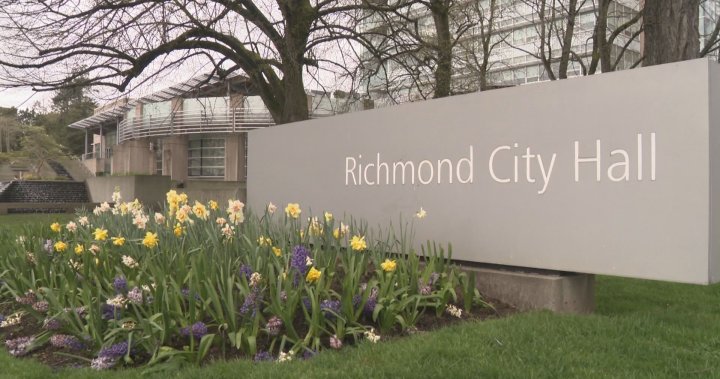In a significant escalation of financial scrutiny, Richmond city officials have announced that the controversial gift card audit will now extend backward to examine a full decade of municipal spending practices. What began as a targeted investigation has transformed into a comprehensive review that could reshape transparency standards in British Columbia’s municipal governance.
Initially triggered by concerns over a $7,000 gift card purchase by city staff in December 2023, the audit’s expansion signals growing unease about potential systemic issues within Richmond’s financial oversight framework. The original audit, conducted by KPMG and initially expected to cost approximately $75,000, is now anticipated to require substantially more resources as investigators comb through years of additional transactions.
“This expanded audit represents our commitment to absolute transparency and accountability to Richmond taxpayers,” said Mayor Malcolm Brodie in a statement released Thursday. “While we have no concrete evidence of widespread impropriety, the council believes a thorough historical review will either confirm proper practices or identify areas requiring immediate reform.”
The audit’s expansion follows heated debates during recent city council meetings, where councillors expressed divided opinions about the scope and necessity of extended financial scrutiny. Councillor Alexa Ferguson had previously described the situation as “potentially just the tip of the iceberg,” while other council members cautioned against what they termed a “fishing expedition” without specific evidence of broader misconduct.
Financial records obtained through Freedom of Information requests revealed that between 2018 and 2023, Richmond spent approximately $310,000 on gift cards from various retailers including Amazon, Tim Hortons, and Walmart. City officials have maintained these purchases followed established policies for employee recognition programs, community engagement initiatives, and specific departmental needs.
British Columbia’s municipal affairs experts suggest Richmond’s approach could establish new precedents for financial accountability across the province. “When municipalities handle large sums of taxpayer money through mechanisms like gift cards that don’t have the same built-in tracking as traditional purchasing systems, enhanced oversight becomes critical,” explained Dr. Natalie Chen, professor of public administration at Simon Fraser University.
The expanded investigation will examine purchase patterns, authorization processes, card distribution tracking, and reconciliation procedures dating back to 2014. KPMG auditors are particularly focused on verifying whether gift cards were appropriately documented, distributed according to policy, and used exclusively for legitimate municipal purposes.
Richmond’s business community has expressed mixed reactions to the audit expansion. While some local business leaders applaud the thorough approach to public fund management, others worry about the growing cost of the investigation itself. The Richmond Chamber of Commerce estimates the expanded audit could ultimately cost taxpayers between $200,000 and $300,000.
“We’re essentially spending hundreds of thousands to track down potentially misused thousands,” noted Jordan Chen, owner of a Richmond small business and regular attendee at council meetings. “At some point, we need to ask whether the pursuit of perfect accountability becomes financially counterproductive.”
City Manager Samuel Peterson has promised interim findings will be made public by July, with the complete audit results expected before year-end. The city has also committed to implementing any recommended policy changes that emerge from the investigation.
As this story continues to unfold in Richmond’s local news circles, an important question emerges for municipalities across Canada: When it comes to financial oversight of public funds, where should the line be drawn between reasonable trust in public servants and exhaustive verification systems that might create administrative burden? The answer may reshape how Canadian municipalities manage their finances for years to come.











